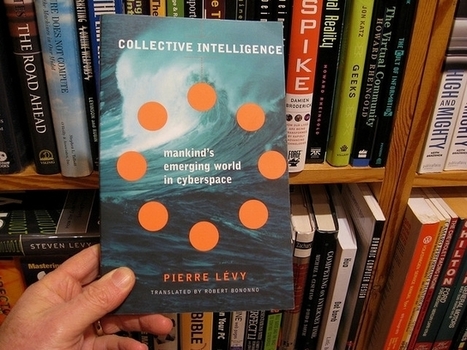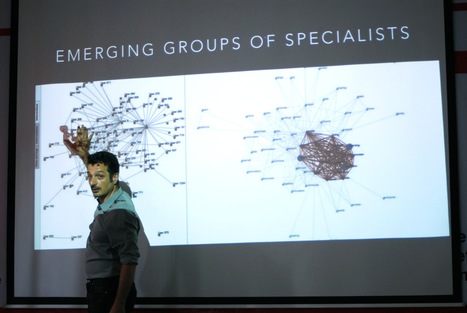What if computers could take the words we type on the internet and convert them into a language that describes what they actually mean? Analyzing data pulled from social media would reveal insights into the deeper questions about our real motives and feelings, instead of mere statistics.
Pierre Lévy, a French philosopher who’s been writing about cyberspace since the 1990s and who is the Canada research chair in collective intelligence at the University of Ottawa, is working on software that can do just this. He’s done the math andannotated the entire French dictionary with a language—or, as he calls it, a hyper-language, since it describes words that already form a language of their own—that he calls IEML, or the Information Economy MetaLanguage. All that’s left is to do the actual coding to turn it into an automatic system.
Via Annie Talvé



 Your new post is loading...
Your new post is loading...











Always worth reading.